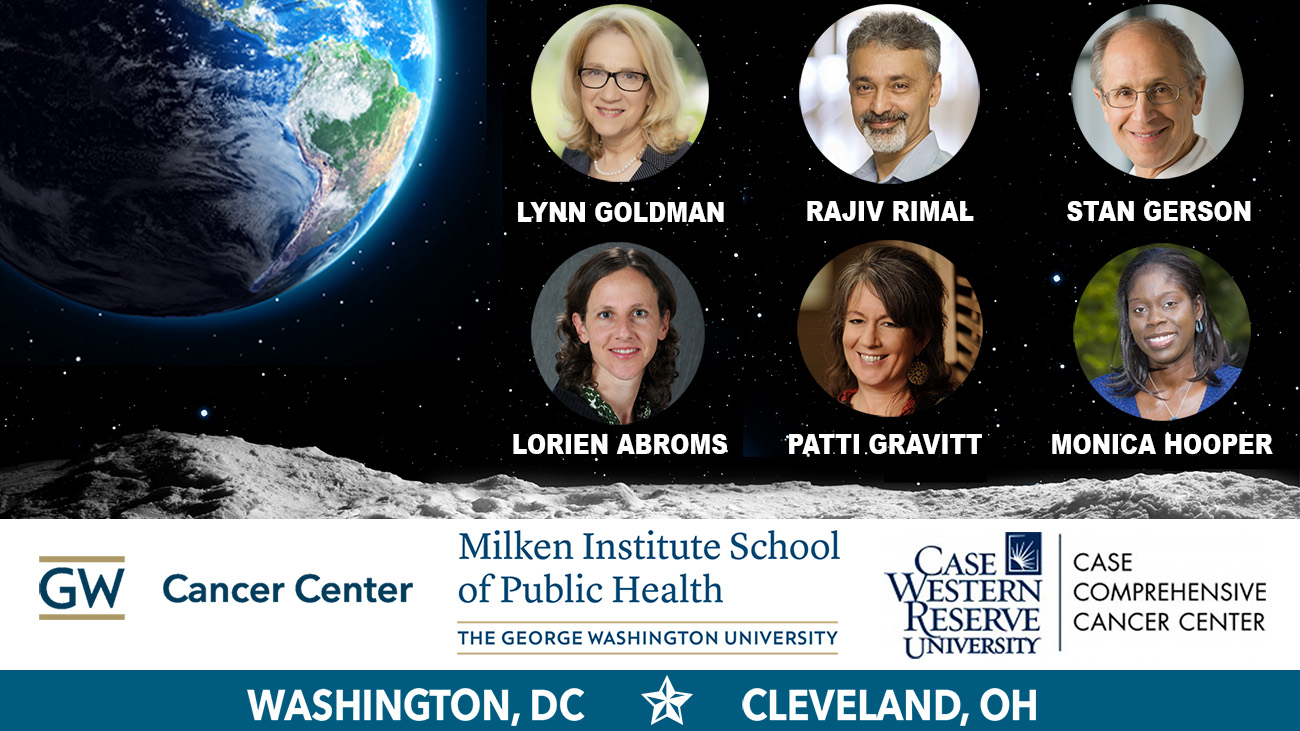GW’s Milken Institute School of Public Health (Milken Institute SPH), in collaboration with the Case Comprehensive Cancer Center at Case Western Reserve University (CWRU), recently announced the launch of a project that will be part of Vice President Biden’s Cancer Moonshot Initiative. The GW-CWRU project will focus on community-wide programs aimed at preventing cancer and reducing healthcare disparities in the Cleveland and DC Metro areas.
The project was announced at the Cancer Moonshot Summit held in D.C. on June 28, 2016 where over 350 researchers, oncologists and other care providers, data and technology experts, patients, families and patient advocates came together to help accelerate the rate of progress in the understanding, prevention, diagnosis, treatment and care of cancer. Dean Lynn Goldman spoke to the crowd of experts at the summit about work being done at GW and the new CWRU partnership. About 40 percent of men and women have been or will be diagnosed with cancer at some point in their lives, Dean Goldman said. For 23 percent, it will be a fatal diagnosis.
“We all want cures. We all want survivorship, healthy survivorship, from cancer,” she said. “We all want earlier detection of cancer, but most of all none of us want to get cancer in the first place.”
Cleveland and D.C., both have above average smoking rates, particularly within African American communities. As part of the new collaboration, GW and CWRU researchers aim to lower the smoking rates for at-risk populations with high rates of tobacco-related cancers. Investigators will also focus on cervical and other cancers stemming from the human papillomavirus.
The joint project will use m-health, including text messaging, social media, cognitive behavioral approaches and other technological interventions to motivate and help long-time smokers in these vulnerable neighborhoods quit. In addition, the researchers hope to launch a project aimed at getting more children vaccinated to protect them from the HPV virus, which can lead to cervical and other types of cancer.


